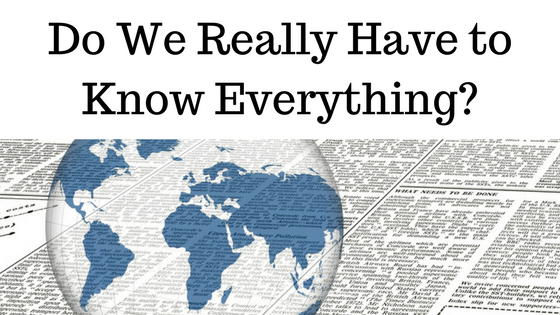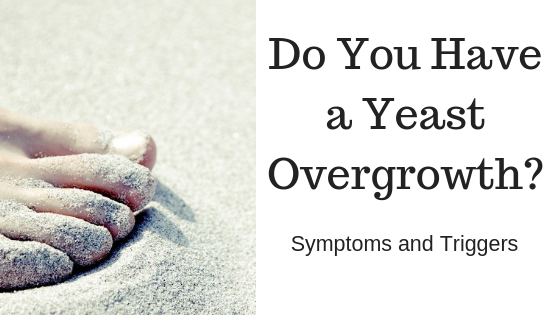Recently, my friend Jim Kushiner, the founder and editor of Touchstone Magazine, wrote this excellent article, which I thought was so appropriate for Lent. Have you been able to set aside that which is taking up the bandwidth in your brain…at the expense of what is truly important? Lent is a perfect time to examine ourselves in this way, and if you don’t feel as though you have been succeeding, Holy Week is a small finite time when you can apply yourself even more intensely.
Our minds, being finite, are only capable of holding so much memory, viewing so many images, thinking so many thoughts, processing so much data, and communicating so much information.
Our conscious minds are more restricted in the sense that my brain is sending all sorts of signals to my fingers as a type, my organs as I digest my lunch, my skin as I feel the cold from the window, and all sorts of other things of which I am not even aware. My conscious mind, for the moment, is focused on trains of thought that sometimes pause mid-sentence as I type, or retraces its steps as it reviews what I’ve written and decides on the spot whether the sentences make sense and the whole logically, conceptually, or imaginatively or in some other way naturally flow from one image to another.
What “goes on between my ears” is a combination of visual images from my computer screen, memory banks sorting for resonances with other things I’ve read, the identification of a flavor or aroma from a cup of tea nearby, the sounds emanating from my phone’s voicemail speaker telling me it’s another robo marketing call.
What’s in our minds? What does our world look like? For many it includes miles (and perhaps hours) of brake lights, traffic lights, news-radio, billboards, marketing pitches, hundreds of emails in the “in box,” staring at images and messages in our palms, bouncing from one person to another in cyberspace.
The larger world, when we stop to think about it, supposedly includes the News Headlines, the D-J average, the political world as presented to us in our source of choice, knowledge that a billion Chinese workers are competing for the world’s cash, a North Korean has a bomb, Europe is tottering into who-knows-what, Twitter flash mobs, a warming planet wired for sound and cyberspace, a cosmos with black holes, exotic radiation, exoplanets, gravity waves. Our bodies are labeled and measured by vitamin levels, neurochemical balances, blood pressures, cell counts, body-fat indices, and statistical probabilities for death by an assortment of causes.
There are spaces for bracketing out the world’s noise and breaking the hold of this modern metric lifestyle, where we may be more open to becoming our true, or at least natural, selves: walking where God-created nature surrounds us, listening to its sounds. Listening to the play and laughter of young children who’ve not been plugged into devices and groomed to focus their lives on desires. Peering at a night sky without city lights, or the sun and moon slowly rising and setting. Feeling against my face a breeze heated by the sun or cooled by the shade.
In such a state, ask yourself, “What do I have ‘in mind’?” More to the point, “What might it mean to acquire the mind of Christ?” Can I do this without carving out some space for it? My mind, after all, can only store so much; something has to go. Many of these distractions are optional.
What about time allotted for prayers, Scripture readings, Psalms, sacred hymns, chant, meditations, almsgiving, serving the poor? Why should we spend most of our discretionary time on things that don’t build us up, that is, feed us spiritually? Because of what we choose, or what we allow ourselves to take in, we choke out the growth of the good seed of the Sower. Some of this self-choking may become habitual: does watching hours and hours of well-acted and fascinating dramas in some way bring me closer to Christ? Maybe, but maybe not.
The thought of giving up many of the good things on offer nags me with the memory I have of a teaching I occasionally come across: “If your eye causes you to sin, pluck it out and throw it away; it is better for you to enter life with one eye than with two eyes to be thrown into the hell of fire.” While hell may not be the end of every one of our choices, there is a principle here: deleting what is lesser for the sake of gaining the greater.
It reminds me also of pruning so we might bear more fruit. The more we are in Christ, the more abundant our lives become. We may even be able to bring out of our own storehouses treasures old and new to share with others. There is, after all, only one thing needful. And that’s what we call a “priority.”
Yours for Christ, Creed & Culture,
James M. Kushiner
Executive Director, The Fellowship of St. James



